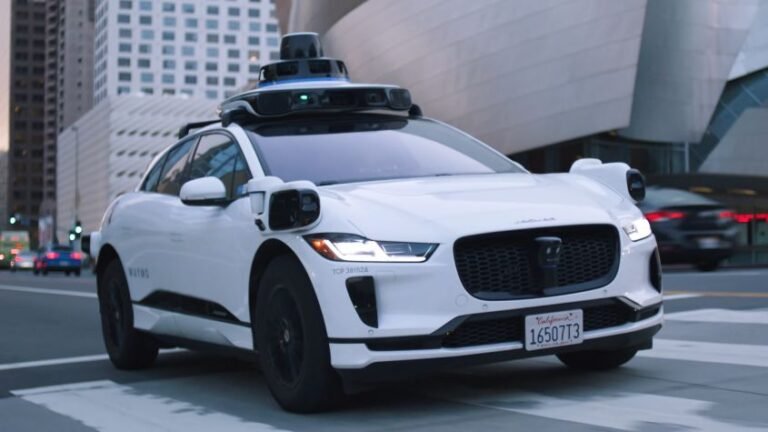
Will artificial intelligence destroy undergraduate business education? As business school economists, we see the anxiety firsthand. If AI can prepare a balance sheet, price assets, and develop personnel plans more efficiently than twenty-something degree holders, it’s natural to worry whether demand for those degrees will persist.
Recent labor-market developments seem to bear this out. Tasks once handled by entry-level business grads are now delegated to chatbots. Major accounting and finance firms are pulling back, with Deloitte and Ernst & Young cutting hires by 10 to 20 percent. It sure looks like AI is a job killer.
But looks can be deceiving. Economics reminds us to look past the immediate disruption and focus on the longer-term adjustments. Business majors can survive, and even thrive, in a post-AI job market. The key is equipping students with the right skills.
First, let’s acknowledge the kernel of truth in the doomsayers’ argument. Firms pick the cheapest way to get a job done—whether that’s with labor, machines, or software. When AI can complete certain tasks more cheaply than workers can, companies will naturally shift those tasks to AI. That’s the heart of the “AI kills jobs” story.
But it’s only half the story. When costs fall, companies produce more. Consulting shops can churn out slide decks in minutes. Accounting teams can generate full cash-flow statements from a single prompt. AI can scrape public filings to build complex financial models, freeing workers from spreadsheet grunt work. The doomsayers see only labor replaced. They miss the flip side: labor augmented. Growth creates jobs. AI won’t destroy employment — it will expand it.
This isn’t the first time technology has reshaped entry-level positions. Spreadsheets replaced legions of bookkeepers, but they also created new demand for analysts and consultants. AI will shift, not shrink, the opportunities available to business graduates.
The doomsayers fall for the “lump of labor” fallacy — the notion that there’s only so much work to go around, so if AI does more of it, workers must do less. Economics teaches the opposite. Because our wants are unlimited, there is no fixed number of jobs. When new technologies make goods and services cheaper, they expand demand — and with it, employment. Far from eliminating work, AI will fuel the creation of new jobs to satisfy our endless wants. For students, the challenge is not whether to study business, but how. The winners will be those who embrace AI as a tool rather than fear it as a rival.
Of course, AI will change the kinds of work that business graduates perform. That should push decision-makers in the dean’s suite to think hard about what their curricula are for. Too many programs still train students in the white-collar equivalent of assembly lines — teaching them to master the routines that AI can now do in seconds. That model of business education will no longer appeal to employers, or to students.
But other approaches will become even more valuable. More than ever, serious students of business need to understand how the various parts of an enterprise fit together. We all need to become systems-level thinkers in an AI-augmented world. Future business leaders will make their careers by combining the range of a generalist’s skillset with tools like AI to find opportunities and connections that other people miss.
One of the most effective ways to develop that broader perspective is by studying economics. Unlike training aimed at narrow tasks, economics teaches students to weigh trade-offs, understand incentives, and trace the links between households, firms, and markets. It offers the intellectual vantage point to see the big picture — precisely the kind of insight that allows AI to be used to its fullest potential.
“You don’t have to like baseball, but you should understand the concept of what a pitcher’s ERA means. Approach life similarly.” In the age of AI, this wisdom from the legendary Goldman Sachs Elevator X account is exactly what business schools need.
Undergraduate business education has always adapted to new technologies and shifting labor markets. AI is no different. The chatbots are only dangerous to schools that resist change. Flexible and entrepreneurial programs should seize AI’s transformative potential. Common sense and sound economics agree: for business majors, obsolescence is a choice, not a necessity.
Bryan P. Cutsinger is an assistant professor of economics at Florida Atlantic University. Alexander William Salter is a business economics professor at Texas Tech University and a researcher at TTU’s Free Market Institute.





